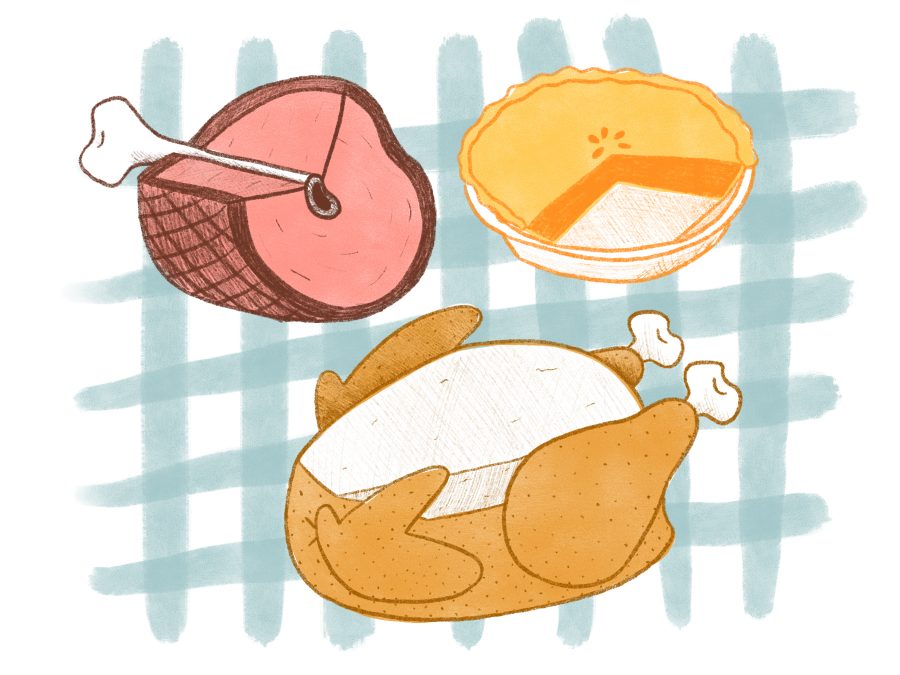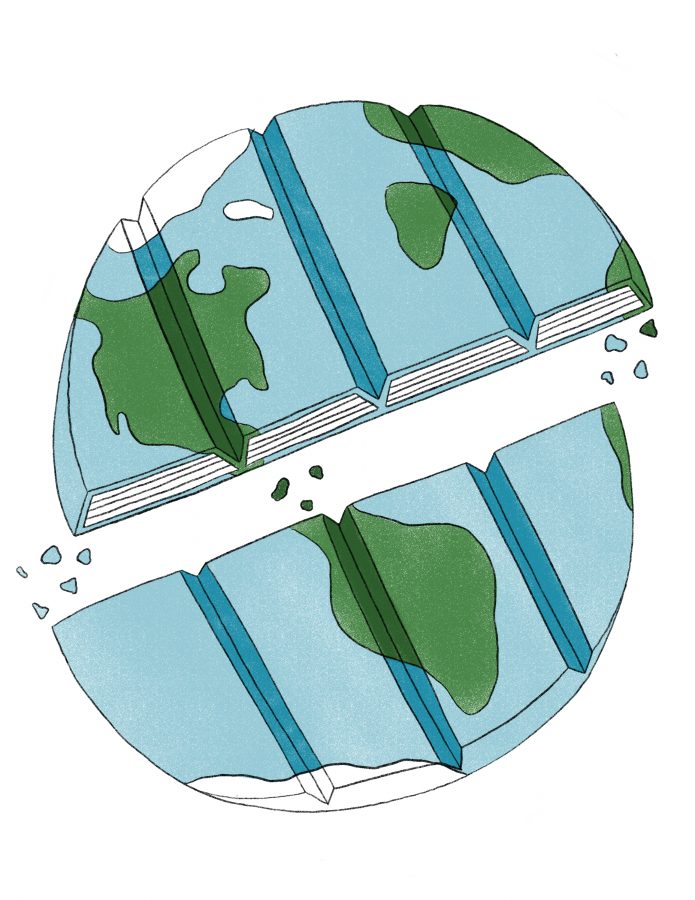In her Monday guest column, Natalie Butler argues that UT students should fight proposed state higher education cuts to protect the presumed value of their UT degree. What Butler ignores is that higher education in America today is a massive upper middle-class welfare program in which the accounting, engineering, business, medical and law degrees of thousands of young Texans are subsidized, in part, by state and federal taxpayers.
Higher education today is an enormous waste of time, money, capital and resources. These completely unnecessary costs are borne not only by students and their families, but also by taxpayers and by private companies who increasingly have to retrain today’s college degree-holders, who often graduate with marginal literacy.
Additionally, in 2007, the Bureau of Labor Statistics reported that only two of the 10 occupations expected to experience the greatest job growth in the next 10 years will require any form of higher education.
Also, Ohio University economist Richard Vedder found in 2004 a negative correlation between increased public higher education funding and a state’s economic growth.
America is the most over-credentialed, under-educated society in history. It’s also the wealthiest. But America is not wealthy because so many people are college-educated. Instead, because America is so wealthy, it’s able to enroll 70 percent of its 18- to 24-year-olds in some form of higher education.
Unfortunately, higher education today is really longer education. A college graduate today possesses about the same amount of knowledge as a high school graduate 50 years ago. Essentially, what used to take 12 years to learn has now been stretched to 16 or more years. Consequently, colleges today are “young folks homes” where young people go to extend their pre-adulthood into their mid-to-late 20s.
—Clark Patterson
UT alumnus


















